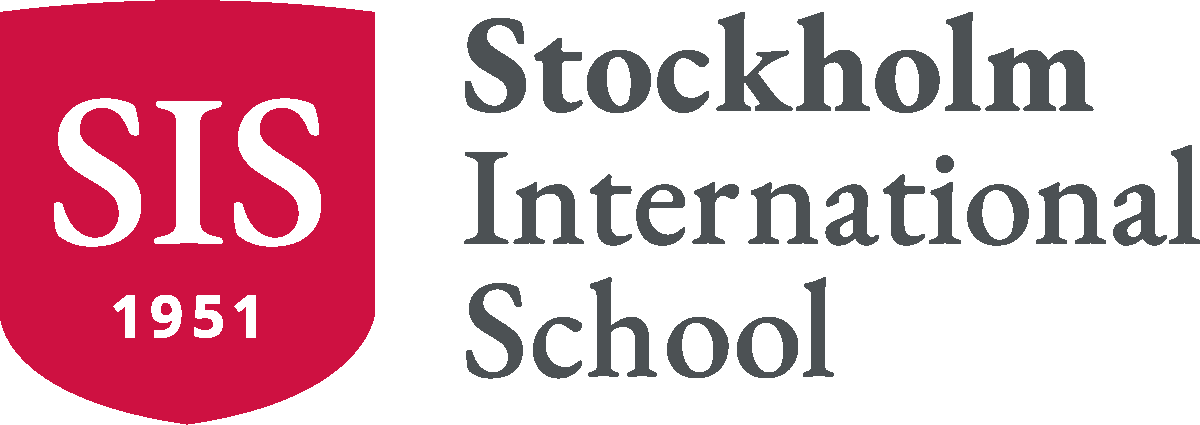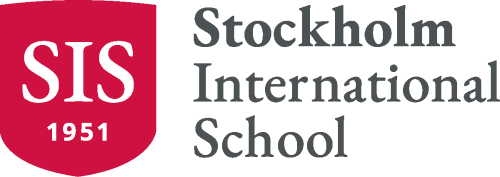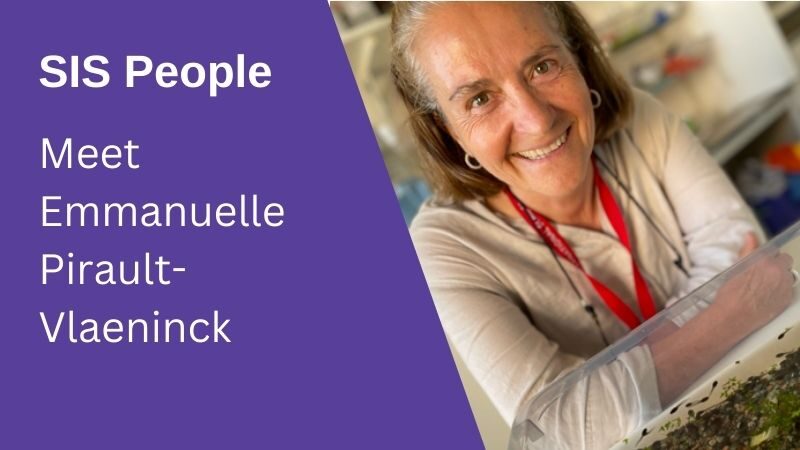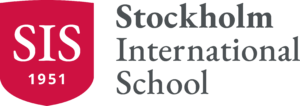Lab Technician and Science Teacher Assistant
While we pride ourselves on the cross-curriculum learning that the IB programmes bring to SIS, the link between semiconductors and tadpoles is one that you still might just struggle to make. The link takes the form of Emmanuelle Pirault-Vlaeninck, SIS lab technician and science teacher assistant.
As we meet in the secure prep lab where she spends much of her time, attention is immediately drawn to the busy activity in three plastic trays full of water, vegetable matter, and – tadpoles! It’s the first clue to Emmanuelle’s love of the natural world and her Swedish environment.
In many ways, Emmanuelle and her family are the embodiment of why SIS exists. They are the quintessentially globally mobile family, having lived and worked in Australia, Belgium, India, Japan, and China prior to Sweden. Her daughter has perhaps inherited the family trait and is currently at university in the UK.
Emmanuelle started her studies in Paris in her native France, where she received her Master’s Degree. ‘I couldn’t decide what to study, but I had an interest in aspects of science that I enjoyed. Measuring – optical, physical, all kinds of micro measuring – led me one way and another to work on the science of semiconductors for my Master’s. But I always enjoyed all aspects of science.’
A global citizen
Though later moves were influenced by career choice, her first move to Australia was motivated much more by her sense of global citizenship – a thought that chimes well with our SIS culture. ‘I felt, and my husband too, that I wanted to see the world – view it through a different prism. I think you learn a lot in another country, not only about that culture, but about your own, and your sense of place in the world. Everywhere we lived was an enrichment.’
Other moves down through the years were career driven – largely by her husband’s role with a Swedish multi-national company headquartered in Stockholm – it was actually her daughter’s decision to study in Europe that brought Emmanuelle to the city.
‘I had spent many years letting my husband’s career lead the way on our journey, but at that point I decided I wanted to be closer to my daughter. We could have gone to other places in Europe, but our love of nature swayed us towards Sweden and Stockholm.’
Although she had a successful career with Alcatel, Emmanuelle had already started teaching during the family’s international travels, training and working with young children teaching science and French, and she was aware that it offered an attractive alternative to a full-time science career. She enjoyed the excitement of seeing young children learn and discover. She provided teaching cover at SIS for a time before the opportunity to become a full-time lab tech and teaching assistant came up. ‘It seemed ideal for me’ she remembers. ‘I would have the enjoyment of teaching young people but could also work across all the sciences, sparking their curiosity and my own along the way. I was delighted to get the position.
Which brings us back to the tadpoles. They arrived via one of her colleagues last year, and she nurtured them from frogspawn to mature tadpoles – and some to fully developed frogs – on a diet of water and vegetable matter from the kitchen. Most were released back to nature, but it inspired her to do the same again this year. ‘The survival rate has been better’ she remarks, ‘I must have learned from last year.’
It’s clear talking to Emmanuelle that she loves Sweden, loves her natural surroundings, and loves her work surroundings at SIS. But is there anything she doesn’t like about SIS? She begins with a qualifying remark that her culture is one of plain speaking, implying a deeply critical assessment to come. She thinks for a moment: ‘No’ she says.
‘The way we teach in the School fits with my own philosophy – enquiry across subjects, and the encouragement of curiosity. However, in science, you need a little discipline too, and I think we are good at nurturing that in our students while also encouraging self-expression. I think SIS is a great place for kids.’










